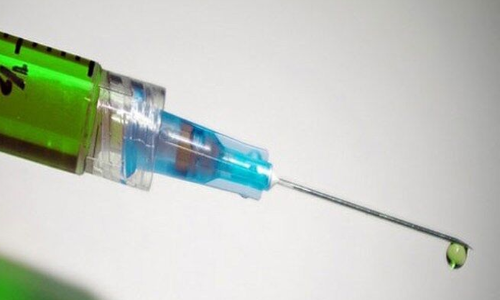Steroid use during cardiac bypass surgery does not reduce risk of severe kidney injury

A new study now says that using steroids during cardiopulmonary bypass surgery do not reduce the risk of acute kidney injury in people at increased risk of death
A new study now says that using steroids during cardiopulmonary bypass surgery do not reduce the risk of acute kidney injury in people at increased risk of death.
The study, conducted in 18 countries, was published in CMAJ (Canadian Medical Association Journal).
The multisite randomised controlled trial, funded by the Canadian Institutes of Health Research, included patients in Canada, China, India, United States, Colombia, Australia, Italy, Iran, Czech Republic, Greece, Spain, Brazil, Austria, Belgium, Hong Kong, Argentina, Chile and Ireland, which broadens the reach of the study's findings.
About one-fifth of the millions of bypass surgeries performed around the world each year result in acute kidney injury, which in its most severe forms greatly increases the chance of death and the need for life-sustaining dialysis treatments.
Bypass surgery can trigger widespread inflammation, which is thought to be a key culprit in the development of kidney injury. Prior studies suggested that steroids might help reduce inflammation and acute kidney injury.
Speaking about the study, study author Dr Amit Garg said, “Administering steroids to prevent inflammation during surgery did not reduce the risk of acute kidney injury in people at moderate or high risk of adverse effects.”
The study included 7286 patients, of whom about half (3647) were randomised to receive steroids and the remaining 3639 to placebo. The rate of acute kidney injury was similar in both groups.
"Given the broad range of countries and populations represented in the study, these findings further support a shift away from using steroids as an effective method of preventing the complications from inflammation during bypass surgery," added Dr Garg.


















